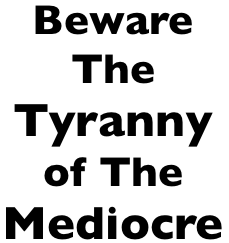 Amy L. Lansky, PhD
Amy L. Lansky, PhD Perhaps the most derided of alternative medicines is my own favorite – homeopathy. Over the past few years, detractors have focused their efforts in the United Kingdom and have succeeded in crippling homeopathic hospitals and clinics funded by the National Health Service, as well as the practices of many homeopaths.
Perhaps the most derided of alternative medicines is my own favorite – homeopathy. Over the past few years, detractors have focused their efforts in the United Kingdom and have succeeded in crippling homeopathic hospitals and clinics funded by the National Health Service, as well as the practices of many homeopaths. A few well-placed editorials in prominent newspapers have done the trick, despite the fact that Prince Charles and the rest of the royal family are ardent supporters of homeopathy.
It now seems that some of these folks are taking their show on the road. Two key UK players, Michael Baum and Edzard Ernst have published a commentary in the November 2009 issue of the American Journal of Medicine [1] in which they state, “a belief in homeopathy exceeds the tolerance of an open mind. We should start from the premise that homeopathy cannot work and that positive evidence reflects publication bias or design flaws until proved otherwise.”
Not surprisingly, their commentary also reflects a complete ignorance of homeopathy and the range of studies that support its effectiveness. For example, their article incorrectly uses the term “potentation” instead of “potentization” for the method used to create homeopathic remedies (more on this later). The authors also insist on citing a single negative meta-analysis study that has already been shown to be methodologically flawed [2], while ignoring many positive studies in respected publications, including two other meta-analyses that showed positive results [3—8].
So why do the skeptics love to hate homeopathy? Perhaps because it is one of the most threatening alternative modalities – financially, philosophically, and therapeutically. Actually, homeopathy has been a threat to allopathy ever since the 1800s, when German physician Samuel Hahnemann developed the homeopathic system. Continued=>














































































































No comments:
Post a Comment